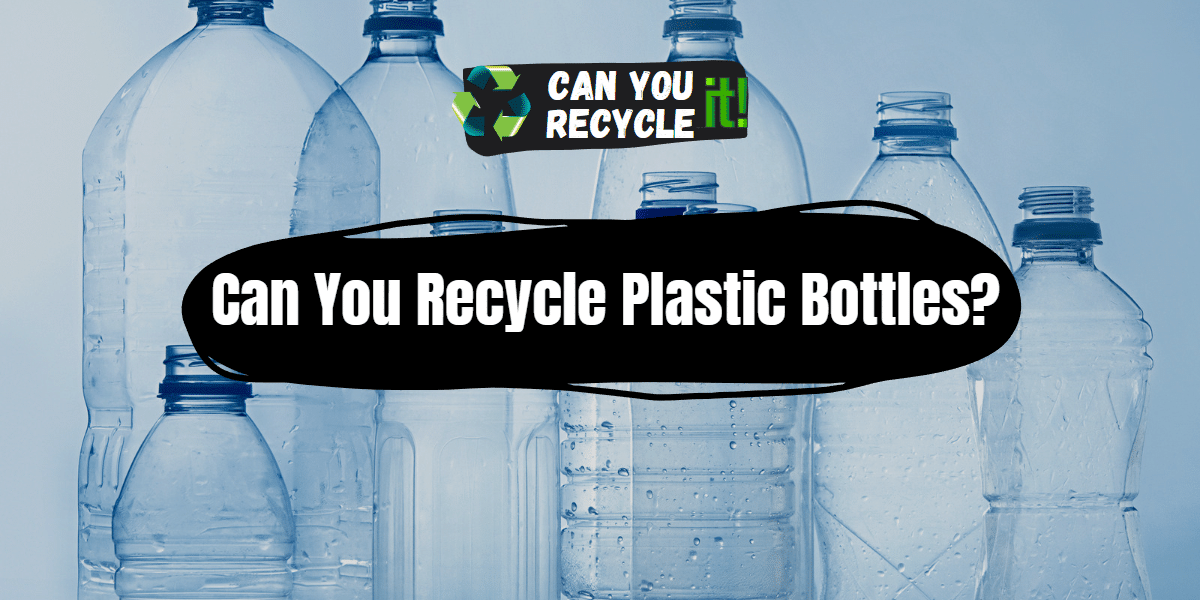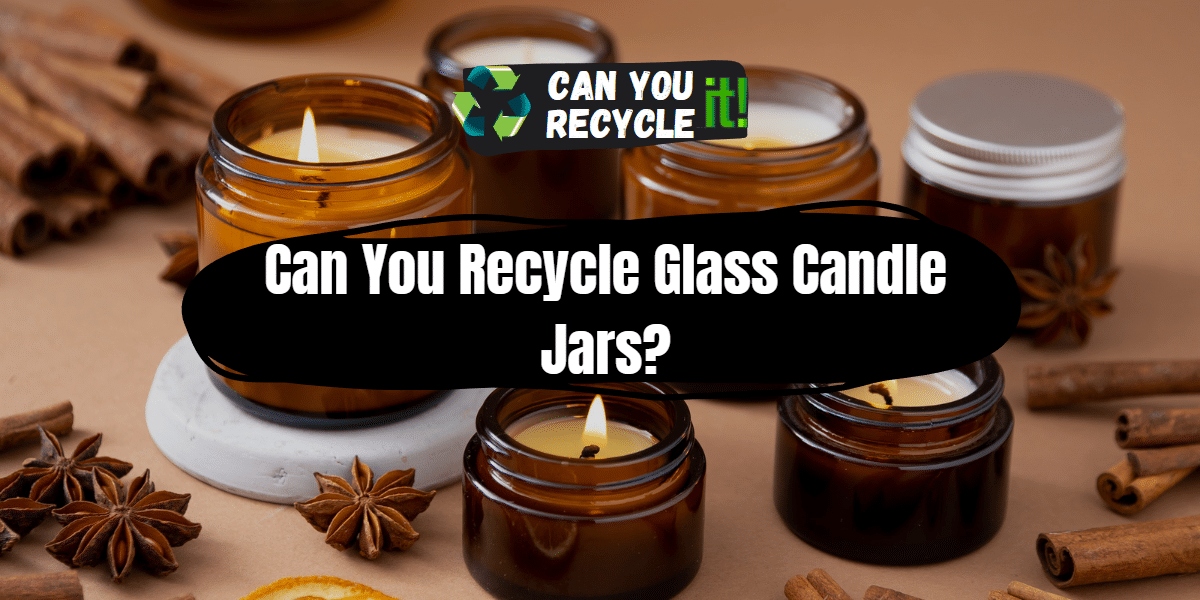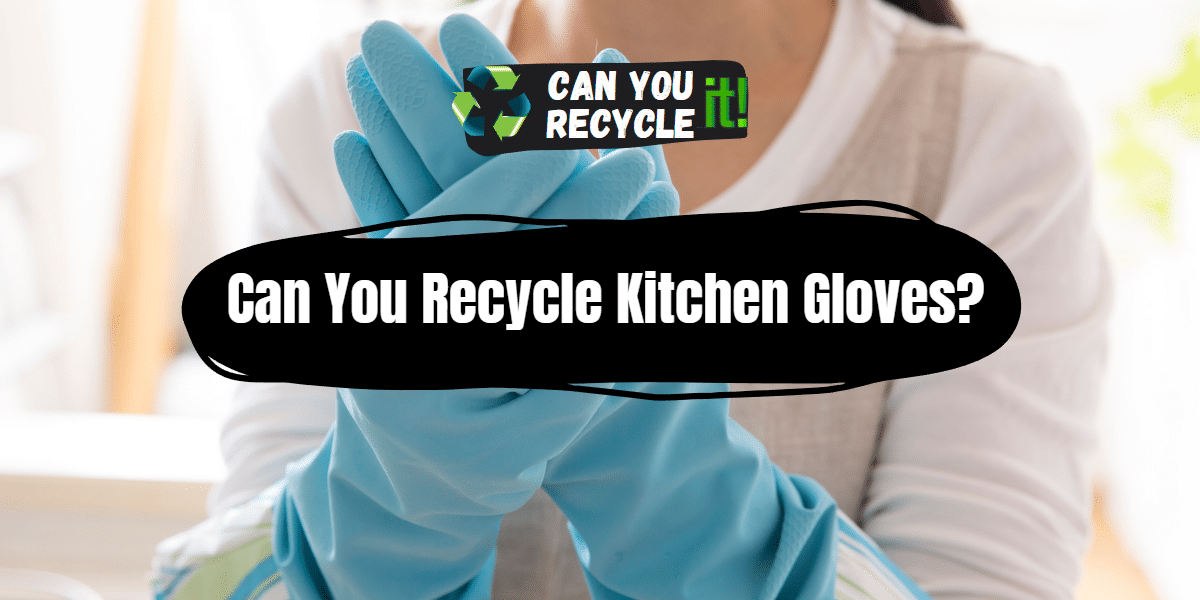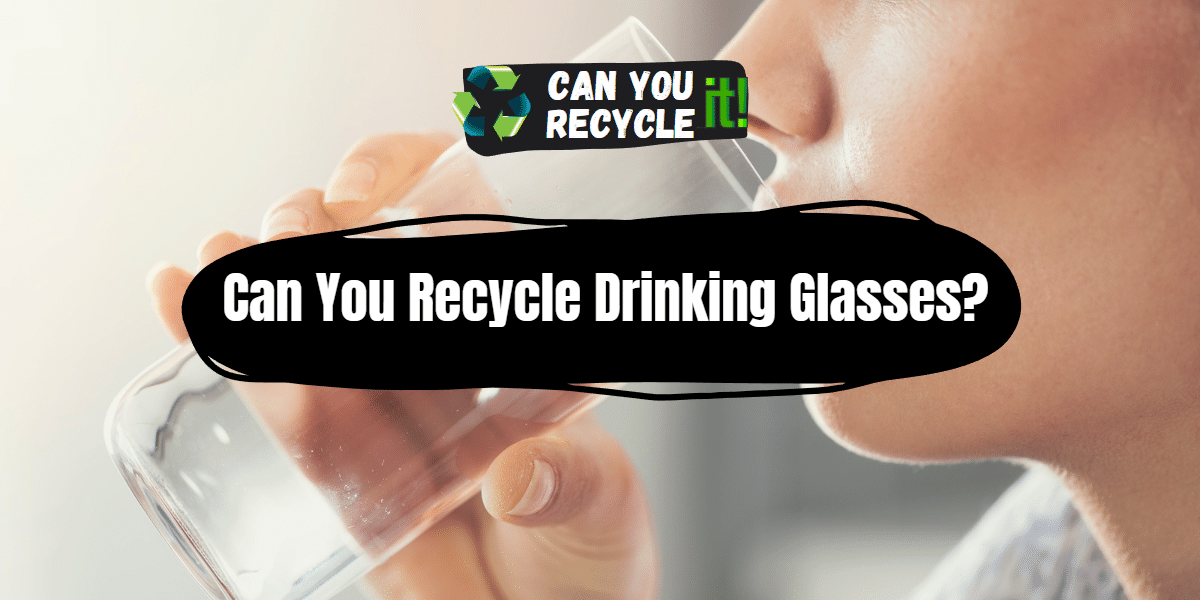Yes, plastic bottles can be recycled. In fact, they are one of the most commonly recycled items in the world.
Plastic bottles are made from polyethylene terephthalate (PET), which is a type of plastic that can be easily recycled. When PET bottles are recycled, they are melted down and turned into new products, such as fleece jackets, carpeting, and playground equipment.
Plastic bottles are standard in our daily lives, but their disposal raises concerns about their environmental impact. In this article, we will explore whether plastic bottles can be recycled, provide dos and don’ts for recycling, offer a step-by-step guide to recycling plastic bottles, discuss what to do with bottles that cannot be recycled, examine the environmental impact of recycling plastic bottles, address frequently asked questions, and conclude with some final thoughts.
Table of Contents
Do’s and Don’ts
It is essential to follow specific guidelines to ensure the proper recycling of plastic bottles and minimize environmental harm. Here are some dos and don’ts for recycling plastic bottles:
Dos
- Clean the bottles: Rinse out plastic bottles thoroughly to remove any residue or contaminants. This helps prevent contamination of other recyclables and ensures a higher chance of successful recycling.
- Remove caps and lids: Remove caps and lids from plastic bottles before recycling. These are often made of different types of plastic and may need to be recycled separately.
- Check local recycling guidelines: Research your local recycling guidelines to understand which types of plastic bottles are accepted for recycling in your area. Different recycling facilities may have specific requirements, so being informed is essential.
- Crush or flatten bottles: Flattening or crushing plastic bottles can help save space and make transportation more efficient. However, check with your local recycling program to ensure they accept crushed bottles.
Don’ts
- Include non-recyclable bottles: Not all plastic bottles are recyclable. Avoid including bottles made from non-recyclable plastics or those that contain hazardous materials. Check the packaging or recycling symbols on the bottles to determine their recyclability.
- Mix bottles with other recyclables: Separate plastic bottles from other recyclables to prevent contamination. Mixing different types of materials can make recycling more challenging and may result in the entire batch being rejected.
How to Prepare Plastic Bottles for Recycling
Proper preparation is crucial to ensure that plastic bottles are ready for recycling. Follow these steps to prepare plastic bottles for recycling:
Step 1: Empty and rinse the bottles
Empty the contents of the plastic bottles and remove any remaining liquids or food particles. Rinse the bottles thoroughly with water to remove any residue or contaminants. This will help prevent contamination of other recyclables during the recycling process.
Step 2: Remove caps and lids
Separate the caps and lids from the plastic bottles. Check the recycling guidelines in your area to determine if the caps and lids are accepted for recycling. Some recycling programs require separate recycling of caps and lids, as they are often made of different types of plastic.
Step 3: Check the recycling symbol
Look for the recycling symbol on the bottom or side of the plastic bottles. This symbol indicates the type of plastic used in the bottle and its recyclability.
Refer to your local recycling guidelines to determine which types of plastic bottles are accepted for recycling in your area. Common recyclable plastics include PET (Polyethylene Terephthalate) and HDPE (High-Density Polyethylene).
Step 4: Crush or flatten the bottles (optional)
You can crush or flatten the plastic bottles to save space and facilitate transportation if desired. However, check with your local recycling program to ensure they accept crushed or flattened bottles. Some programs may prefer bottles to be left intact.
Step 5: Place in the recycling bin
Once the plastic bottles are prepared, please place them in the designated recycling bin or containerFollow your local recycling guidelines regarding collection schedules and procedures.
5-Step Guide to Recycle Plastic Bottles
Recycling plastic bottles is a simple and effective way to contribute to environmental sustainability. Follow this step-by-step guide to recycling plastic bottles responsibly:
Step 1
Check local recycling guidelines
- Research your local recycling guidelines to understand which types of plastic bottles are accepted for recycling in your area.
- Different recycling programs may have specific requirements, such as the types of plastics accepted or the need to separate bottles by color.
Step 2
Clean and prepare the bottles
- Empty the plastic bottles of any contents and rinse them thoroughly with water to remove residue or contaminants.
- Remove caps and lids, as they may need to be recycled separately.
Step 3
Sort and separate
- Sort the plastic bottles by their recyclable types. Common types include PET (Polyethylene Terephthalate) and HDPE (High-Density Polyethylene).
- Separate bottles by color if required by your local recycling guidelines.
Step 4
Flatten or crush the bottles (optional)
- Flatten or crush the plastic bottles, if desired, to save space and make transportation more efficient.
- Check with your local recycling program to ensure they accept flattened or crushed bottles.
Step 5
Place in the recycling bin
- Place the prepared plastic bottles in the designated recycling bin or container.
- Follow your local recycling guidelines for collection schedules and procedures.
What to Do with Plastic Bottles That Cannot Be Recycled
While recycling is the preferred option for plastic bottles, there may be instances when certain bottles cannot be recycled. Here are some alternative options for plastic bottles that cannot be recycled:
- Reuse: Consider reusing plastic bottles for various purposes. They can be used for storing liquids, organizing small items, or even for arts and crafts projects. Be creative and find new ways to give plastic bottles a second life.
- Reduce consumption: Minimize the use of single-use plastic bottles by opting for reusable alternatives. Invest in a durable water bottle or beverage container that can be refilled. By reducing your consumption of plastic bottles, you contribute to waste reduction.
- Check for bottle return programs: Some regions or countries have bottle return programs in place, where you can return certain types of plastic bottles and receive a refund. These programs promote recycling and proper disposal of bottles.
- Upcycle: Get creative and upcycle plastic bottles into useful or decorative items. You can turn them into planters, bird feeders, or even lamps. Upcycling gives plastic bottles a new purpose and helps reduce waste.
- Proper disposal: If no other options are available, dispose of non-recyclable plastic bottles in the regular waste bin. Ensure they are empty, and take care to follow your local waste disposal guidelines.
- Reuse: Consider reusing plastic bottles for various purposes. They can be used for storing liquids, organizing small items, or even for arts and crafts projects. Be creative and find new ways to give plastic bottles a second life.
- Reduce consumption: Avoid using single-use plastic bottles by opting for reusable alternatives. Invest in a durable water bottle or beverage container that can be refilled. By reducing your consumption of plastic bottles, you contribute to waste reduction.
- Check for bottle return programs: Some regions or countries have bottle return programs where you can return certain types of plastic bottles and receive a refund. These programs promote recycling and proper disposal of bottles.
- Upcycle: Get creative and upcycle plastic bottles into practical or decorative items. You can turn them into planters, bird feeders, or even lamps. Upcycling gives plastic bottles a new purpose and helps reduce waste.
- Proper disposal: If no other options are available, dispose of non-recyclable plastic bottles in the regular waste bin. Ensure they are empty, and take care to follow your local waste disposal guidelines.
Environmental Impact of Recycling Plastic Bottles
Recycling plastic bottles has a significant positive impact on the environment. Here are some key environmental benefits of recycling plastic bottles:
- Conservation of resources: By recycling plastic bottles, valuable resources such as petroleum, water, and energy are conserved. Recycling reduces the need for virgin materials and minimizes the environmental impact of resource extraction.
- Reduction of waste: Plastic bottles are a significant component of waste streams. Recycling them diverts them from landfills and incinerators, reducing waste accumulation and associated pollution.
- Energy savings: Recycling plastic bottles requires less energy than manufacturing new bottles from raw materials. This leads to lower greenhouse gas emissions and a reduced carbon footprint.
- Prevention of pollution: When plastic bottles are not properly disposed of, they can contribute to environmental pollution. Recycling ensures that bottles are processed and reused, preventing them from ending up in oceans, rivers, or natural habitats.
- Promotion of a circular economy: Recycling plastic bottles supports the concept of a circular economy, where materials are reused and recycled instead of discarded. This promotes sustainable resource management and reduces reliance on finite resources.
FAQs for Can You Recycle Plastic Bottles
Can all types of plastic bottles be recycled?
Not all types of plastic bottles are recyclable. The recyclability depends on the type of plastic used. Commonly recyclable plastics include PET (Polyethylene Terephthalate) and HDPE (High-Density Polyethylene). Refer to your local recycling guidelines for specific information.
Are plastic bottle caps recyclable?
Recycling guidelines for plastic bottle caps may vary. In some cases, caps made from a different type of plastic than the bottle need to be recycled separately. Check with your local recycling program for their specific requirements.
Should plastic bottles be flattened or left intact for recycling?
Flattening or crushing plastic bottles can save space during transportation. However, check with your local recycling program to ensure they accept flattened bottles. Some programs prefer bottles to be left intact for easier sorting.
Conclusion and final thoughts 💭
Recycling plastic bottles is an essential practice that contributes to environmental sustainability. We can make a positive impact by following the dos and don’ts of recycling, properly preparing bottles, and adhering to local recycling guidelines. Remember, small individual actions collectively lead to significant changes. Let’s prioritize recycling and contribute to a cleaner and greener future for generations to come.





Leave a Reply